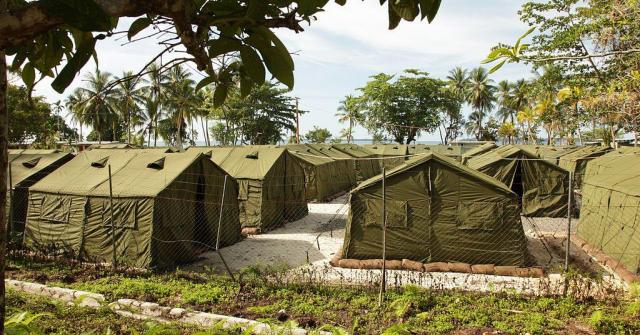
Considerations to Missionary Care
Every church I’ve been a part of has supported missionaries. When cross-cultural missionaries were on home assignment, they would often stop by and share stories about their time overseas. I admit that, for me, these were the best Sundays. Sadly, that was almost the only time that I, as a member of a church community, was aware of what our missionaries were doing. I had little or no idea about the state of their families, the struggles they had with colleagues, the community that they belonged to when overseas, their financial needs, or how to pray for them. If the missionary had struggles and pulled on a lifeline, I had no idea who was holding the other end. That’s why a strategy for missionary care is so important for every church that has a picture of a missionary on their wall. Without an intentional plan for care – who knows?
Paul Dyck of the More Network shares this true story: An “ordinary” everyday family, directed by the Lord, spent nine months overseas working at an orphanage. Dad did carpentry work, Mom worked with orphans and kept the family together, and the children were actively involved in the orphanage and were home schooled. Nine months isn’t a long time, one would think. In reality, it was absolutely life-changing! Their teen-aged daughter heard about the transition retreat, ReBoot. and asked to attend. We were thrilled to host her; she fit in so well with the other Missionary Kids (MK’s), many of whom had grown up overseas and were now repatriating to go to college. Why did she need to attend this transition retreat? She was returning to Canada with a brand-new reality. She now sees the world through a different lens: she’s broken for the lost, the needy, and the underprivileged, and her priorities have changed dramatically.
What about her parents? They’re also facing a new reality: returning to one of the wealthiest countries, and making daily spending decisions while recognizing 95% of the world wouldn’t even consider a purchase like we do daily. Their transition back to Canada is far tougher than most would realize. They too need a time of interaction with those who understand: a time of being listened to – informal and formal debriefing – and receiving assistance from Member Care experts on next steps. When God calls us to step outside of our normal lives, take risks, and live our lives for Him, it always looks different than what we imagined.

Missionary Care is hard to boil down to a simple formula of do’s and don’ts. There are some excellent resources that churches can access, such as the EFC Code of Best Practice in Member Care. However, as the church, our model of care needs to be founded first and foremost on relationships. With that said, there are things that we can do to be a thoughtful and supportive community.
Understand the People
When my wife and I were preparing to go overseas, we entered a candidate process. During that process, our psychological, spiritual, and physical lives were put under a microscope by the mission organization. This gave us a sense of security, knowing that someone was looking out for us. However, we had just started attending a new church and didn’t have very many relational ties in that community. It would have been difficult for someone to discern the state of our lives because of the limited time we’d been with the new community. Missionary care must be about the people first. Like a marriage, it is for richer or poorer, in health and in sickness… or sin. Missionary care extends beyond the individual and should take into consideration who the missionary is connected to, and how family and friends factor into the journey of life.
Understand Areas of Responsibility
Every church involved with missionaries has a degree of responsibility for their care. The perception of responsibility varies, depending on whether the church is the “sending” church (the community to which the missionary belongs and has the strongest relational ties with) or a “supporting” church. The mission agency also has a role in missionary care, as do the family and friends. Early and open communication enables a network of care to be established. Regular conversation about care is essential because of the changing nature of the missionary journey. An excellent resource to facilitate conversation in this area is Mind the Gaps from the Trinity Church Missionary Care Team. The consequences of not having this conversation can be the loss of a missionary, or worse, the fall of a brother or sister in Christ.
Understand the Stage
The missionary journey is complex; care should be dynamic, not simply programmatic. Care needs to begin in the discernment phase, continue in the support-raising phase, and carry on until the missionary transitions successfully back into their home culture. No two people are the same as they progress through their adventure with God, but challenges can be anticipated and regular communication with friends, family, church, and agency give multiple avenues to share joy and struggle in each stage.
Understand Expectations
We all measure success differently. It’s not uncommon in an organization that a goal for one person will not be shared by another. The challenge of meeting goals is multiplied when you consider the different expectations that a sending church, a home sending agency, the field representatives, and host church have of the missionary and their family. Making sure that expectations are clearly stated and relevant to the individual and organization is important for a sense of well-being and success.







